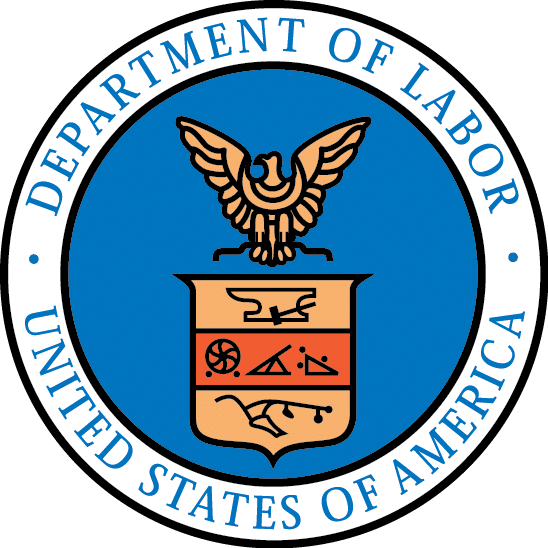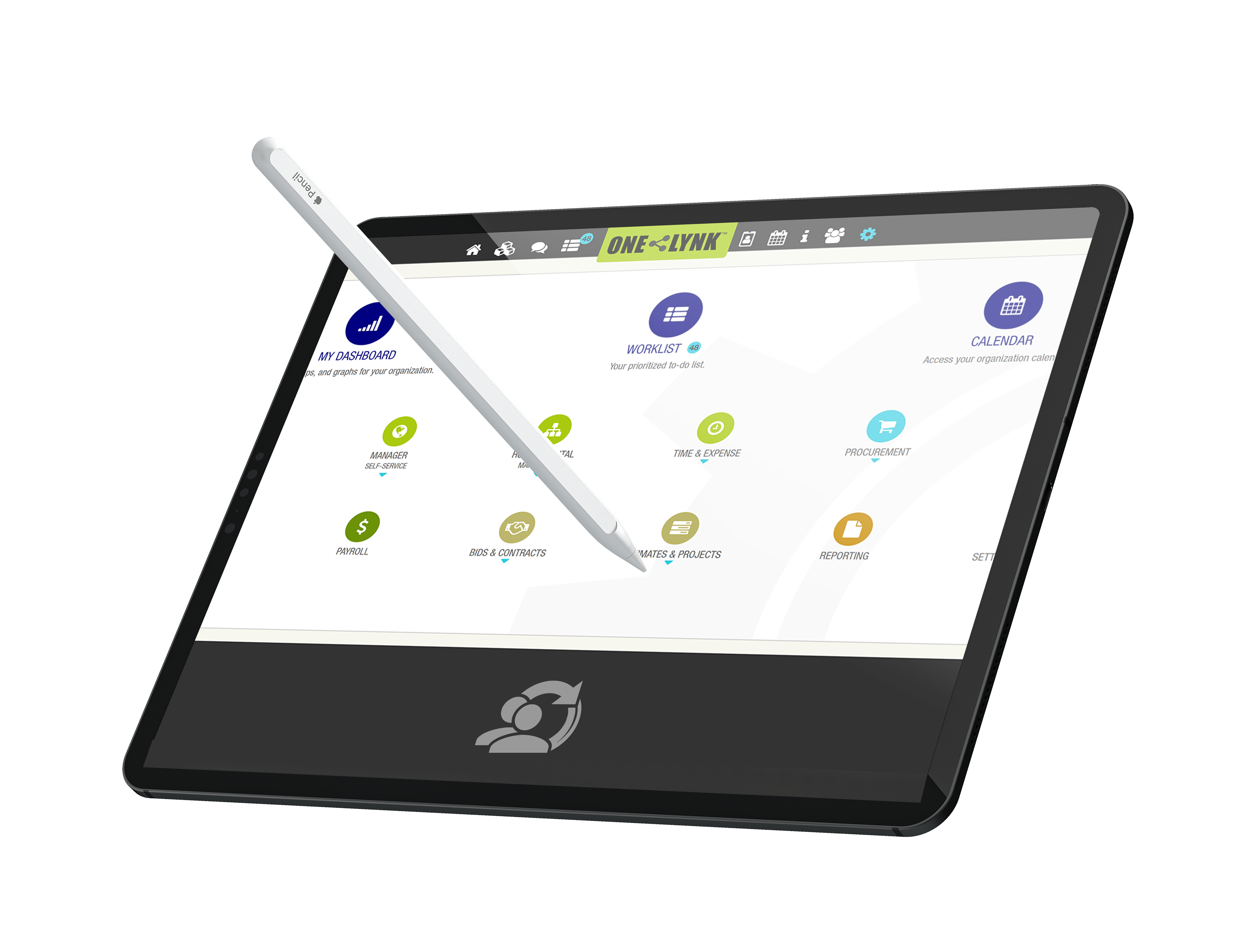Are ERPs like QuickBooks Putting You at Risk of Adverse Audit Findings?
 Page Summary
Page Summary
Self-Assessment Checklist
Answer a few questions to see if QuickBooks is meeting your needs, or if it is putting your GovCon business at risk.
In today's fast-paced business environment, QuickBooks has become a go-to accounting software for many small to medium-sized businesses. It offers user-friendly features, seamless integration, and robust financial management capabilities. However, while QuickBooks can be a valuable tool, if your business does government contracting, relying solely on it requires introducing manual process that will increase your operating cost and introduce significant compliance shortfalls.
Building out your back-office using QuickBooks might put your business at a competitive disadvantage or put your business at risk for adverse audit findings. Let's delve into the reasons why and explore ways to mitigate these risks.
Incomplete Accounting Capabilities
Government contractors need an accounting system that can support DCAA compliant by supporting the cost accounting requirements defined in the FAR and CAS.
QuickBooks may not fully support the cost accounting requirements defined in the Federal Acquisition Regulations (FAR) and Cost Accounting Standards (CAS) due to several limitations:
- QuickBooks is primarily designed for small to medium-sized businesses, which may not have complex cost accounting needs as required by FAR and CAS.
- It lacks certain functionalities for detailed cost allocation methods and structures that are required to comply with CAS, such as direct and indirect cost segregation, cost pooling, and allocation base setup.
- FAR and CAS require detailed tracking of costs by contract or project, which might surpass the capabilities of QuickBooks without extensive customization or third-party add-ons.
- QuickBooks may not offer integrated project management tools that are robust enough to track costs in compliance with government contracting standards.
- QuickBooks might not provide comprehensive reporting capabilities needed to comply with the disclosure and certification requirements of FAR and CAS.
- Compliance with the advanced aspects of FAR and CAS often requires audit trails and records retention features that QuickBooks may not support to the extent needed for government contracts.
QuickBooks may require significant adjustments or supplementary systems, including manual spreadsheets, to fully meet the specific requirements of FAR and CAS for certain businesses engaged in government contracting.
Learn More about Compliant GovCon Accounting
Lack of Integrated Accounting & Project Management
 QuickBooks lacks integrated Accounting and Project Management features needed to meet the job cost reporting requirements for government contracting:
QuickBooks lacks integrated Accounting and Project Management features needed to meet the job cost reporting requirements for government contracting:
- QuickBooks allows accountants to record and track project direct costs but does not provide the project team with timely job cost reports containing the allocated indirect cost. This limitation forces teams to rely on manual processes and spreadsheets, which are less efficient and more prone to errors.
- QuickBooks is primarily designed for accounting purposes and lacks features to support the full project management lifecycle. This includes aspects such as estimating, planning, executing, and reporting on projects.
- Without integrated project management features, users of QuickBooks may struggle to view project cost data in real-time, including allocated indirect costs, which is essential for understanding the total cost of a grant or contract and for making informed decisions.
Learn More about Integrated Project Cost Accounting
Lack of GovCon Contract Management
QuickBooks has several limitations when it comes to managing Government Contracts (GovCon), especially regarding setting up contracts so they can be billed correctly. These limitations include:
- Inability to setup contracts to support the billing requirements of many different types of government contracts including fixed price, time and material and cost reimbursable. Billing outside the accounting systems introduce significant additional workload and risks.
- Difficulty in automating approval of contract modifications, essential for DCAA compliance, because QuickBooks lacks integrated workflow capabilities.
- Challenges in tracking on important contract metrics such as awarded and funded ceiling, labor category rates, contract milestones and periods of performance all required to accurately bill .
- Inadequate contract management integration, leading to reliance on manual spreadsheets that do not provide a complete view of contract costs or support real-time decision-making.
OneLynk supports the complete contract lifecycle, including features required manage the entire contract management lifecycle, with integrated accounting, time keeping and expense management to support automated billing.
Learn More about Contract Management
Lack of Support for Service Contract Act (SCA) Employee
You need specialized software capable of handling the complexities of SCA compliance which may not be fully supported by general accounting or payroll software like QuickBooks. Managing SCA contracts and compliance involves complex requirements including:
- Determining the prevailing wage rates and fringe benefits for various classes of SCA covered employees.
- Adhering to wage determinations issued by the Department of Labor (DOL).
- Ensuring accurate calculation and payment of wages, fringe benefits, complying with health and welfare requirements and handling of price adjustments.
- Maintaining comprehensive SCA record-keeping requirements to support compliance.
OneLynk supports all aspects of complying with SCA requirements, including handling odd and even wage determinations, managing vacation and sick leave accruals, handling health and welfare payment calculations and handling all aspects of payroll.
Learn More about supporting SCA Employees
Insufficient Documentation and Record-keeping
 Department of Labor Audits often require thorough documentation to support your SCA employee HR, timekeeping, and payroll records. QuickBooks provides options for attaching documents to transactions but relying solely on digital records for financial transactions. Missing or incomplete documentation in the SCA area can lead to adverse audit findings and potential penalties.
Department of Labor Audits often require thorough documentation to support your SCA employee HR, timekeeping, and payroll records. QuickBooks provides options for attaching documents to transactions but relying solely on digital records for financial transactions. Missing or incomplete documentation in the SCA area can lead to adverse audit findings and potential penalties.
Limited Support for Government Audit
QuickBooks offers audit trail features to track changes made to your financial data. However, the level of detail and transparency provided might not always be sufficient for government contracting audit purposes. Government contractor’s that perform on cost contracts must be prepared to generate and submit incurred cost (ICS) reports.
This can be a very labor intensive and tedious tasks without the appropriate level of capability in the accounting system. And finally, government auditors, want to ensure the data in the accounting system’s general ledger, timekeeping and payroll systems is segregated and accurately reflects the cost charged to each contract. Without a clear and comprehensive set of capabilities to support these requirements, it can be challenging to support compliance audits and verify the accuracy of financial transactions for each contract, increasing the likelihood of adverse audit findings.
Dependency on Third-party Integrations
While QuickBooks offers various integrations with third-party apps and services to extend its functionality to support government contractors, relying heavily on these integrations can introduce additional complexities, manual workarounds, and potential points of failure. QuickBooks has announced plans to no longer support its desktop version in July 2024. Popular third-party products such as ICAT, may not be available or offer reduced capabilities in the cloud-based version of QuickBooks. Integration issues, data synchronization errors, or compatibility issues with external systems can lead to discrepancies in your financial data, putting you at risk of adverse audit findings.
The Advantages of AtWork Managed Services
Compliance with EaseAtWork's solutions, like OneLynk™, are designed from the ground up to meet DCAA requirements, ensuring that your accounting practices are always audit-ready. This compliance extends across project management and accounting tools, streamlining operations, and enhancing adherence to government reporting requirements. |
Automated and Efficient ProcessesTransitioning to AtWork Managed Services allows businesses to automate many of their manual accounting tasks. This automation includes everything from calculating indirect rates to generating labor distributions and job cost reporting. The reduction in manual tasks not only saves time but also significantly decreases the potential for errors. |
Integrated Project AccountingOneLynk provides a robust set of processes crucial for managing government grants and contracts efficiently. This integration ensures a seamless flow of data across the organization, reducing manual input errors and providing real-time insights into project costs. |
Advanced Reporting CapabilitiesAtWork's software excels in generating detailed job cost reports. These reports include allocated indirect costs, providing government contractors with the information they need for effective project management and decision-making. |
 The transition from QuickBooks to AtWork Managed Services equips government contractors with the tools necessary for growth in a highly regulated environment. The shift is not just an upgrade in software; it's an investment in long-term compliance, efficiency, and success.
The transition from QuickBooks to AtWork Managed Services equips government contractors with the tools necessary for growth in a highly regulated environment. The shift is not just an upgrade in software; it's an investment in long-term compliance, efficiency, and success.
By leveraging AtWork's tailored solutions like OneLynk™, government contractors can confidently meet the challenges of their industry head-on, secure in their ability to comply with federal regulations while managing projects more effectively.
Learn More about how AtWork Managed Services can transform your government contracting business.
Conclusion
While QuickBooks is a powerful accounting solution that simplifies financial management for many businesses, it's crucial to recognize its limitations and potential risks. By proactively addressing common pitfalls, maintaining accurate records, staying compliant with tax regulations, and leveraging available tools and resources, you can mitigate the risk of audit and ensure your financial stability and credibility.
Remember, audits can be stressful and time-consuming, but with proper preparation, attention to detail, and continuous improvement, you can minimize risks and confidently navigate your business towards success.
